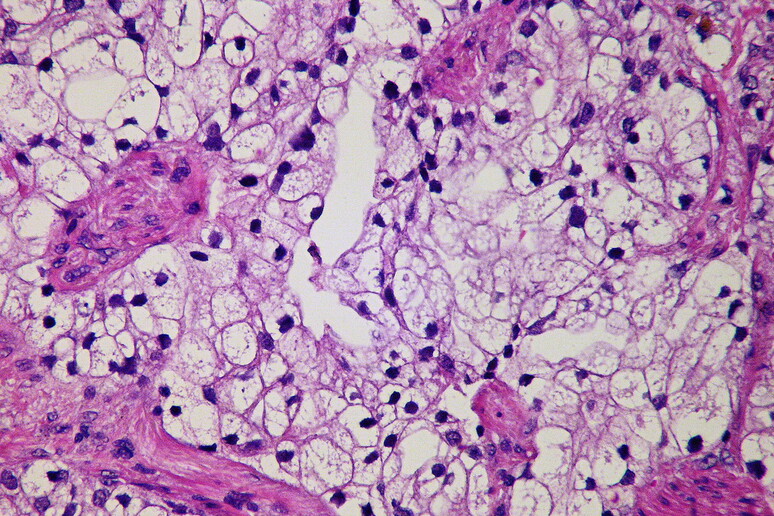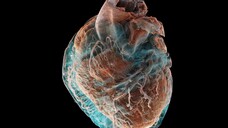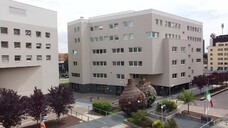Ultra fine particulate matter (PM), especially fine particles that are 2.5 micrometres or smaller, the so-called PM2.5, may trigger some forms of lung cancer, according to a survey of over 30,000 people in four countries and followed up by further research carried out on mice to understand the mechanism that causes these tumours.
The study, published in Nature, is led by Charles Swanton of London’s Francis Crick Institute, while Italy’s Fabio Marongiu, of the University of Cagliari and the University of Colorado, also collaborated. "The study focused on seeking to better understand the role of atmospheric pollution in the development of lung tumours even in people who have never smoked,” said Marongiu.
The researchers focused on a form of lung tumour associated with the EGFR mutation, which also hits non-smokers. They did so by analysing data on 32,957 cancer patients in four countries (United Kingdom, Taiwan, South Korea and Canada). The survey showed a correlation between some forms of lung tumour and an exposure to the PM2.5.
Mouse models were then used in the lab to investigate the cellular processes that might underlie cancer progression in relation to air pollution. It emerged that PM2.5 cause an inflammation of the lung tissues which triggers a greater influx of immune cells and the release of interleukin-1β (a pro-inflammatory signalling molecule) in lung cells. This was seen to exacerbate inflammation and further drive tumour progression in both EGFR and KRAS models of cancer.
Riproduzione riservata © Copyright ANSA













